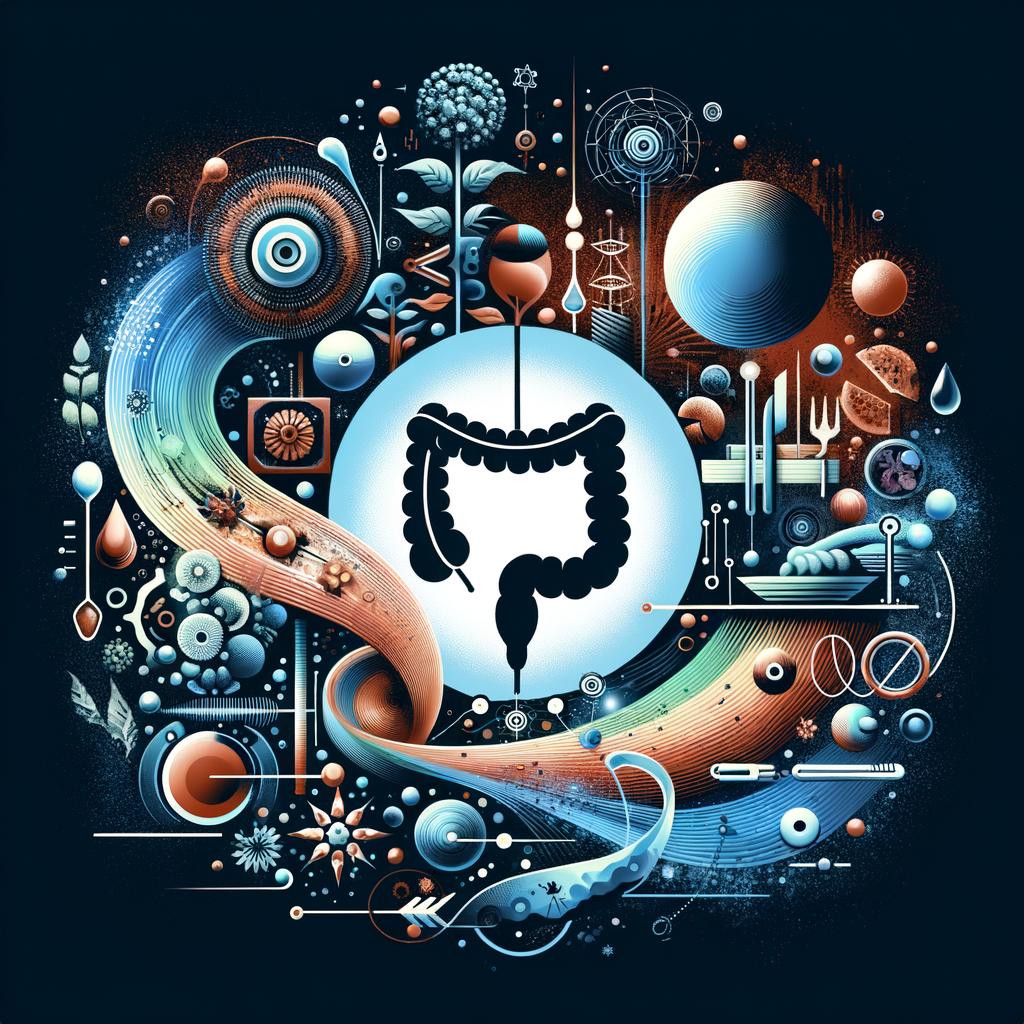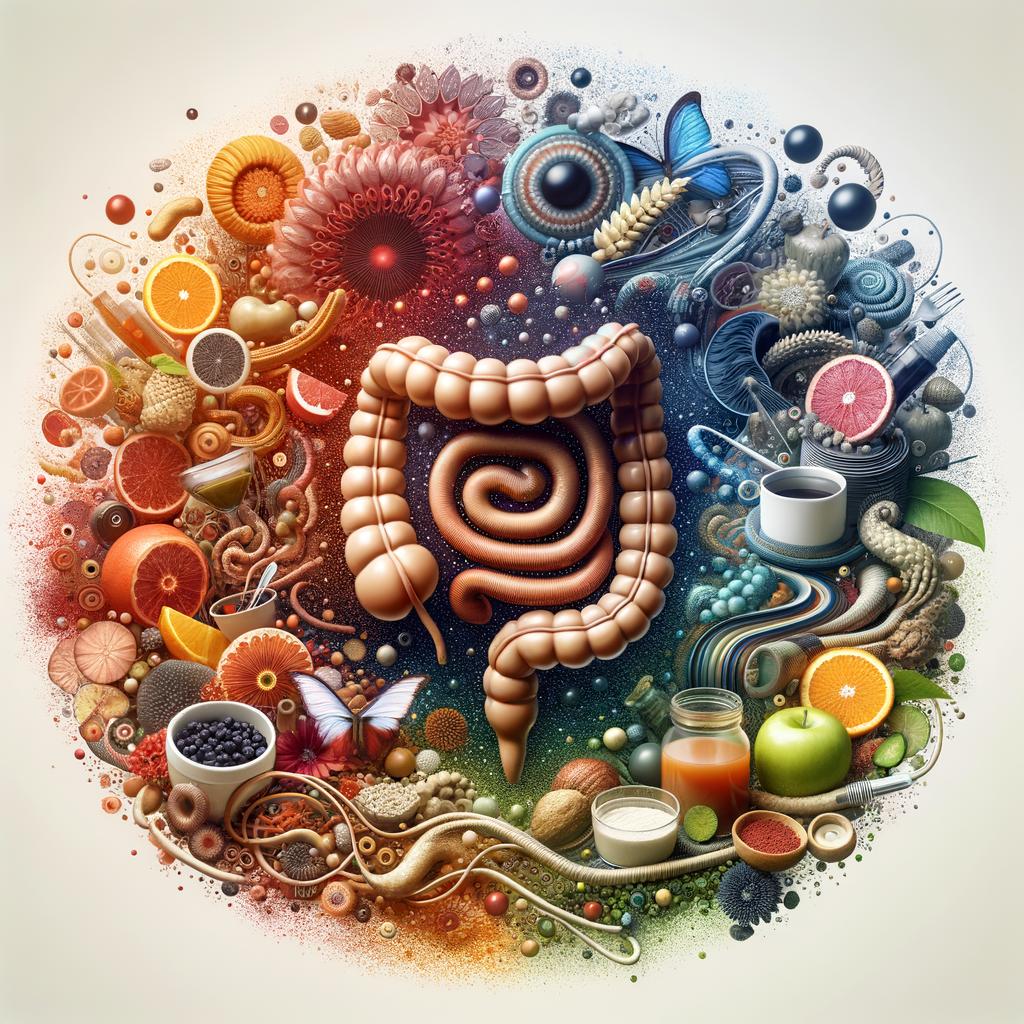
Introduction
So, you’ve successfully completed your colon cleanse and are now ready to reignite your culinary voyage. But how do you start eating after a colon cleanse? Simply put, by slowly reintroducing nutritious, light, and easily digestible foods back into your diet. Just as a delicate seedling needs gradual, careful exposure to the elements, your digestive system requires gentle, considered reacquaintance with food after a cleanse. Throughout this article, we’ll explore the best ways to bounce back after a colon cleanse, touching on tactics, typical timeframes, top food choices, and potential pitfalls to circumvent.
How To Start Eating After Colon Cleanse?
Starting to eat after a colon cleanse involves gradually reintroducing foods in a way that supports your digestive system:
- Hydrate Well: Immediately after the cleanse, focus on staying hydrated. Drink plenty of water, herbal teas, and clear broths to help your body recover.
- Begin with Liquids: Start with easily digestible liquids. Soups, bone broths, and fruit juices (without added sugars) are good options. They provide nutrients without overburdening your digestive system.
- Introduce Soft Foods Gradually: After a day or two of liquid foods, you can add soft foods like cooked vegetables, ripe bananas, and applesauce. These foods are gentle on your stomach and easy to digest.
- Add High-Fiber Foods Slowly: Fiber is crucial for maintaining healthy digestion. Gradually include high-fiber foods such as whole grains, legumes, and fresh vegetables and fruits. Start with small portions to avoid bloating and gas.
- Incorporate Probiotics: Foods rich in probiotics, like yogurt, kefir, and fermented vegetables, can help replenish the good bacteria in your gut, improving digestion and immune function.
- Listen to Your Body: Pay attention to how your body responds to different foods. If certain foods cause discomfort, reduce their intake and reintroduce them slowly over time.
- Avoid Heavy, Fatty, and Processed Foods: Initially, stay away from heavy, greasy, or highly processed foods as they can be difficult to digest and may strain your digestive system.
- Maintain a Balanced Diet: Aim for a balanced diet that includes a variety of foods to ensure you get all the necessary nutrients. This will help your digestive system to recover and function optimally after the cleanse.
Always consult with a healthcare provider or a dietitian before and after undergoing a colon cleanse, especially if you have any health conditions or dietary restrictions, to ensure that your approach to resuming eating is safe and appropriate for your individual health needs.
The Need for a Gradual Approach
Easing back into an eating routine after a colon cleanse is like rekindling an old friendship. You wouldn’t storm full force into heavy, complicated discussions right off the bat, would you? Instead, you’d start with little chats, walks down memory lane, and shared laughter. Similarly, reintroducing food after a cleanse should be a velvet-gloved process – easy and gentle.
The Timeline
There is no universal timeline for kickstarting your diet post-cleanse since individual bodies respond differently. Some may need just a day to transition smoothly, while others might require a few days. Listening intently to your body and its signals is the key to setting your personalized pace.
Selecting the Right Foods
Stepping into the symphony of sustenance post-cleanse is akin to strolling through a gastronomic garden. It’s crucial to make wise, nutritious choices that can cultivate your body’s health rather than deplete it.
Vegetables and Fruits
It is prudent to prioritize fresh fruits and vegetables as they are easily digestible and packed with vitamins and minerals. Imagine them as convivial garden parties that your tummy is thrilled to host post-cleanse.
Avoid Certain Foods
Just as all that glitters isn’t gold, not all post-cleanse food choices are beneficial. Some are wolves in sheep’s clothing – seemingly harmless but capable of causing discomfort or sluggish digestion.
Heavy Foods and Allergens
Foods like dairy, meat, and gluten are best bypassed initially, akin to avoiding potholes on a newly paved road. These heavy foods can lead to bloating and discomfort, defeating the purpose of a cleanse.
Hydrate Liberally
An essential part of the post-cleanse diet roadmap is hydration. Picture it as the gentle rainfall that helps to maintain the glorious garden of your gut.
The Importance of Water
Drinking plenty of water ensures your body stays hydrated and assists in moving nutrients along the digestive tract. Consider it your gut’s personal chauffeur, zipping nutrients to their desired destinations effortlessly.
Conclusion
In conclusion, eating after a colon cleanse is significantly more manageable if you ensure a gradual transition, make wise food choices, avoid heavy foods, and hydrate frequently. Your body will thank you for the consideration and care you’ve shown, and before you know it, you’ll be full steam ahead on your gastronomic voyage.
Frequently Asked Questions
1. What can I eat immediately after a colon cleanse?
Ideally, you should stick to light, easy-to-digest foods such as fruits and vegetables to ease your digestive system back into its routine post-cleanse.
2. How soon can I eat a full meal after a colon cleanse?
You should wait for at least a day or two before reverting to regular meals, ensuring you transition slowly back to heavier foods.
3. Can I drink alcohol after a colon cleanse?
Alcohol is preferably avoided right after a cleanse as it can be hard on the digestive system which is still in the recovery phase, similar to avoiding a challenging marathon right after a calm meditation session.
4. Can a colon cleanse help me lose weight?
While it might lead to temporary weight loss due to elimination of waste and water, a colon cleanse is not a long-term solution for weight loss.
5. Are there any side effects to eating immediately after a colon cleanse?
Yes, if you rush into heavy meals immediately after a colon cleanse, you might experience bloating, discomfort, and sluggish digestion.


